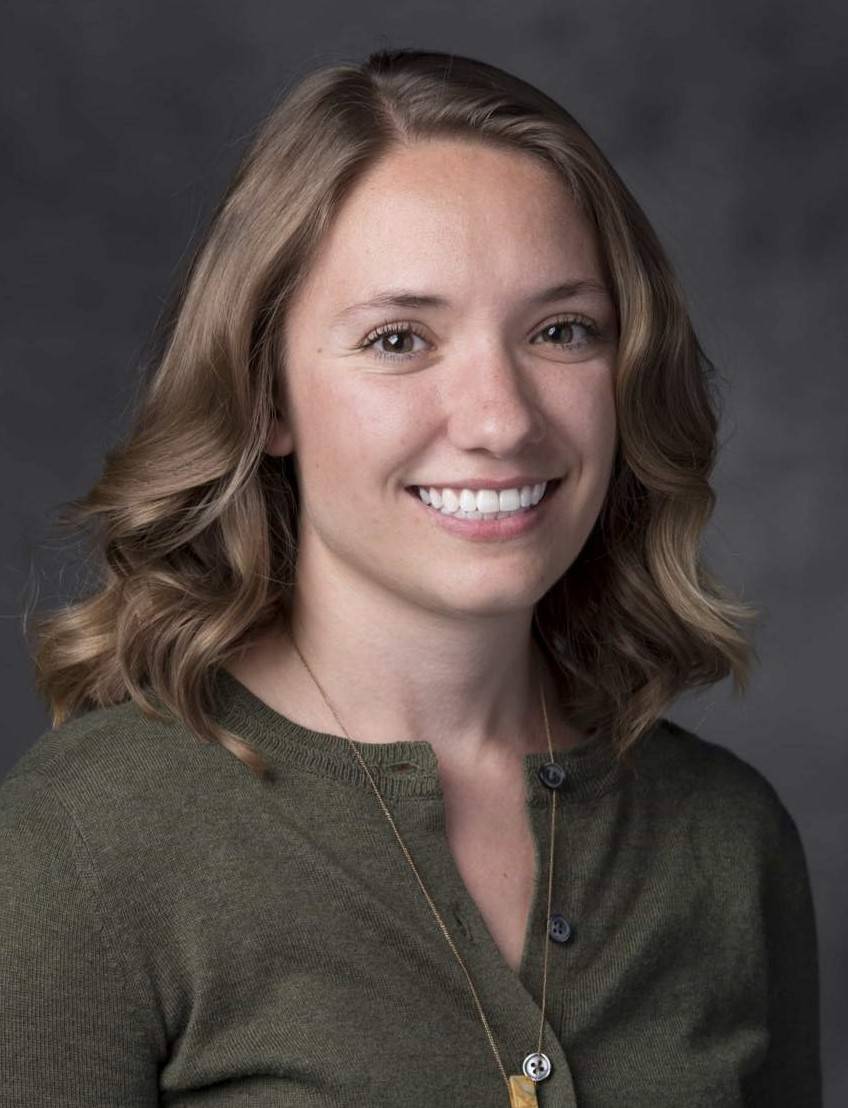Christina Lopez Receives P.E.O. Scholar Award

The Graduate College is honored to announce Christina Lopez as a 2020 P.E.O. Scholar Award recipient. Founded in 1869, the P.E.O. Sisterhood is a philanthropic and educational organization based in the United States and Canada interested in increasing higher education opportunities for women. The Scholar Award is P.E.O.’s most prestigious award ($15,000 in 2020– and $20,000 starting in 2021), only 100 of which are awarded to doctoral students across the country each year. Priority is given to women who are well established in their programs, study, or research and will make significant contributions to their varied fields of endeavor. Texas State has now received every award offered at the graduate level from this women’s philanthropic organization: the Scholar Award (PSA), the International Peace Scholarship (IPS), and the Program for Continuing Education (PCE) grant. Christina was one of three Texas State University doctoral students, along with Ann Marie Cotman (School Improvement) and Sophia Mavroudas (Applied Anthropology), to win this highly completive award during the 2019-2020 academic year. These three outstanding women are the university's first-ever recipients of the PSA. Congratulations!
Christina is a Ph.D. candidate in the Department of Geography. She earned a Bachelor of Science in environmental geography from Sam Houston State University and a Master of Science in geography from Texas State University. She currently holds a Doctoral Instructional Assistantship in the Department of Geography, where she teaches GEO 2310, “Introduction to Environmental Geography.” A recipient of numerous awards, including the Phi Kappa Phi Love of Learning Award, the American Association of Geographers Student Paper Award, The Graduate College Celebrity Classic Scholarship, and the Hosteling International Explore the World Scholarship, Christina will use the Scholar Award toward the completion of her degree and graduate in May 2021.
Long enamored by human-environment interactions, Christina has wondered how people live in and interact with their environments since she was child growing up on the beaches of the Texas coast. However, it was not until 2012, on a glass-bottom boat tour at the Meadows Center for Water and the Environment, that she discovered geography was a discipline that could be studied professionally—that the study of earth and human-environment interactions could be a career.
As an environmental geographer, Christina focuses on the phenomenon of environmental stewardship, in which citizens volunteer on behalf of the environment. Through the practice of community geography, she partners with community and/or nonprofit environmental organizations to help them achieve their objectives by studying the stewardship motivations and practices of volunteers who engage in community-focused environmental projects, including cleaning up litter, removing invasive plant species, and citizen science activities such as water quality testing. The goal of her research, supervised by Dr. Russell Weaver, is to understand human-environment interactions and why people participate in environmental volunteerism. Practical in nature, community geography is a growing practice in the field of geography, owing to a nascent interest within universities and their surrounding communities to create reciprocal partnerships that improve the local environment through geographic information and spatial technologies. By focusing on environmental stewardship, Christina’s research directly benefits organizations that work within societies to improve environmental conditions.
Every applicant to the Scholar Award program is sponsored by a local P.E.O. chapter, and Christina was sponsored by Chapter HW Texas (Marble Falls). Applying for the PSA challenged Christina to think deeply about several aspects of her career and personal background: how to connect and present seemingly disparate experiences that contribute to her identity; how to describe her research for a non-specialized audience without the use of any jargon (a common challenge in funding applications); and how to show that her work will positively impact society. She attributes her success not only to the help she received from The Graduate College external funding coordinators, who arranged the initial interview and read “MANY awful drafts,” but also to the recommendations of her advisor and dissertation committee members. Perhaps most importantly, she believes her sincere efforts to be honest and authentic in her application materials played a role in being selected as a PSA recipient, showing her journey in higher education “in its true light—off to a rocky, unsure start,” and, in addition to her accomplished academic record, “as someone who tries to improve themselves and help others along the way.”